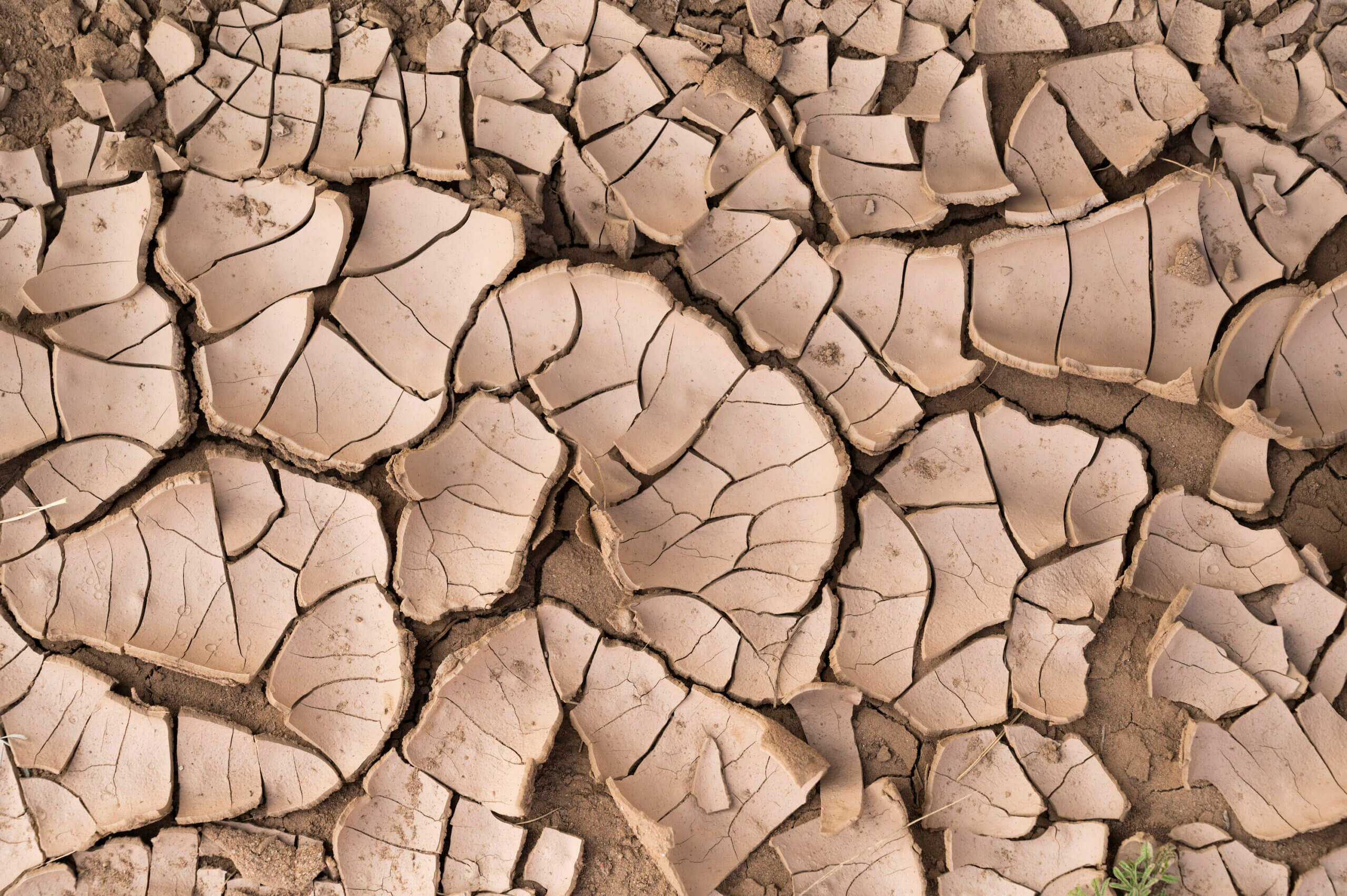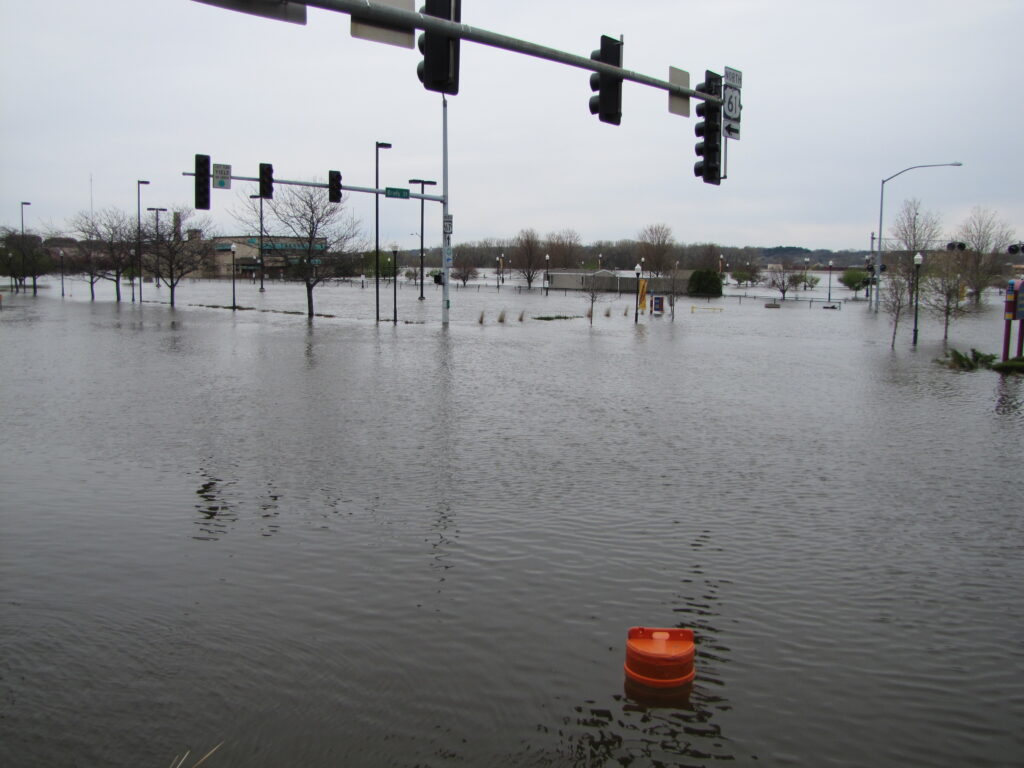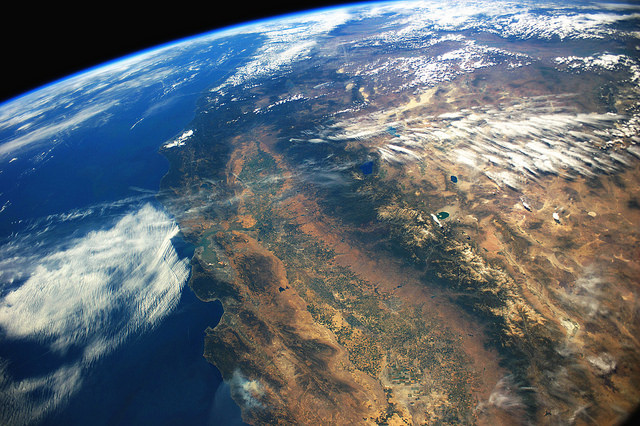Rivers and Climate Change

In response to the Intergovernmental Panel on Climate Change’s sixth assessment report in 2021, American Rivers President Tom Kiernan said
“Devastating examples of the climate crisis are already playing out on our rivers. We must not only drastically reduce emissions to avoid the worst of climate impacts but also protect and restore rivers to buffer communities from the impacts that are already upon us.
From persistent drought and smaller snowpack reducing river flows across the Southwest, to rising temperatures killing Northwest salmon and increasingly frequent and severe floods in the Midwest and Eastern states, frontline river communities are feeling the pain. Black, Latino and Indigenous communities face disproportionately higher impacts due to centuries of disinvestment and unjust policies and practices.”
We needs to pull out all the stops and drastically reduce emissions to limit warming beyond 1.5°C. And, we need to redouble efforts to protect and restore healthy, free-flowing rivers and sustainable water supplies that can provide community resilience and a first line of defense against climate impacts.
Here’s how climate change is already impacting rivers, communities and water resources:
Water scarcity and insecurity: Climate change can increase the duration and intensity of drought conditions leading to reduced precipitation, river instream flows, and groundwater recharge. This will reduce water supplies for people, recreation, agriculture and industry, . Low instream flows — or not enough water in the river — degrade habitat and are lethal to aquatic species because water tends to be warmer when there is less of it.
Increased flood risk and polluted stormwater runoff: Increased intensity and frequency of storms increase flood risk for vulnerable communities and increase polluted stormwater runoff that threaten community health, water supplies and river habitat.
Increased pressure on infrastructure: Traditional infrastructure like dams and levees degrade overtime and are struggling to keep up with more frequent and intense storm events caused by climate change. This could lead to catastrophic failures that pose serious flood risk for communities.
Elevated water temperatures: As the climate warms, water temperatures can rise to lethal levels for aquatic species and because of fragmentation from dams etc, species are less able to migrate american rivers rooted to healthier habitats. Warmer waters can also cause toxic algae outbreaks that can contaminate water supply, make people and animals sick, and kill sensitive aquatic and land species.
Reduced watershed health: Climate change is causing our watersheds to change – forests are more prone to wildfires, soils are more prone to erosion and elevated temperatures can increase the spread of undesirable species like the Mountain Pine Beetle. Without healthy forests, our watersheds become destabilized and the quality and quantity of the water entering our rivers is reduced.
Change in traditional use: Whether you are a tribal member, farmer or city manager, climate change is going to influence how you use water in the future. It could impact whether you are able to harvest fish from your usual and accustomed grounds, the types of crops you grow, the amount of water available for residents in your communities or determine where you live and work. Regardless of the circumstance, the change will be difficult and require unprecedented cooperation as we adapt to a new and ever-changing reality. How humans respond to climate change impacts will directly involve and impact rivers and communities.
How we confront climate change
Protect Healthy Rivers
We advocate for federal safeguards for rivers, wetlands and headwater streams to protect pristine ecosystems and provide safe haven for fish and wildlife as our climate changes.
Restore Floodplains
We restore damaged and overdeveloped floodplains so they can better store floodwaters, provide high-quality wildlife habitat and reduce the flood risk to nearby communities.
Innovate How Water is Managed
We partner with cities, Indigenous Peoples, ranchers and social change groups to address fairness in water management, improve water quality, and reduce urban flooding and scarcity.
Ensure Healthy Rivers and manage hydropower
We remove dams that are no longer necessary, and we pioneer policies that lead to better management and operations of hydropower dams in order to improve the health of the river.


